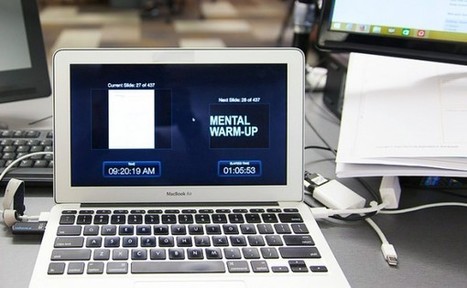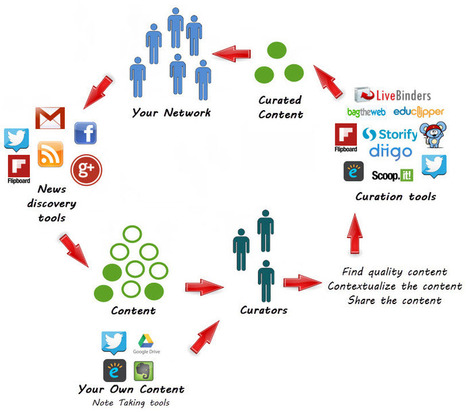Barbie E. Keiser
"The task force was charged with updating the information literacy competency standards for higher education “so that they reflect the current thinking on such things as the creation and dissemination of knowledge, the changing global higher education and learning environment, the shift from information literacy to information fluency, and the expanding definition of information literacy to include multiple literacies, e.g., transliteracy, media literacy, digital literacy, etc.”'



 Your new post is loading...
Your new post is loading...













good overlap of digital literacy/info lit/PLE
Oracle Apps Online Trainings offers Cost Effect and Industry Rich E-Learning Solutions provider on Oracle. We are a conservatively running organization with a laser sharp focus on delivering IT programs to the Students and it adds great value to your Skill Set.
For Details Visit: http://www.oracleappsonlinetrainings.com
Call Us: US: 001-713-900-7669, 001-630-974-1794
India: 091-779-985-5779
E-mail: info@oracleappsonlinetrainings.com